What Is A Recovery Advocate in Rehab?

Table of contents
If you’re going to drug rehab for the first time, you’ll likely encounter many different staff members with various job titles. Although it can be confusing at first, you’ll gradually learn what each type of addiction treatment professional does and why their job is an essential part of your treatment experience.
One type of staff member you’ll work with during treatment is a Recovery Advocate (RA). In this blog, we’ll explain what an RA is and how their guidance through the recovery process is vital to lasting sobriety.
Table of contents
What Is a Recovery Advocate (RA)?
A Recovery Advocate, often referred to as an RA, helps guide clients in addiction treatment through their program. They serve as models for clients in treatment and share hope and guidance through personal experience.
As members of the treatment staff at a rehab center, RAs provide non-clinical support services, including:
- Supporting clients through their recovery program: Going to rehab for the first time can be overwhelming, especially with all the new information and skills to learn. RAs serve as sober mentors for clients. They provide practical and emotional support to help clients adjust to sober life as they work through their program. They also provide ongoing accountability and keep track of clients’ progress.
- Developing material for group activities and individual sessions: RAs help clients in rehab adjust to a new sober lifestyle and process all the information they learn. They do this by walking clients through the 12-Steps and developing material for individual sessions, group sessions, and activities.
- Ensuring that clients remain safe: RAs also do several things that ensure the physical safety of rehab clients. They conduct check-ins, make sure everyone is following the rules, and constantly watch for potential threats in and around the rehab center.
- Dispelling myths about addiction: RAs help clients understand the nature of addiction and what it means to have a substance use disorder. They have powerful influence and can dispel myths and identify stereotypes about addiction and recovery to encourage clients in their recovery journey.
- Providing self-help education: Since RAs are in recovery themselves, they very clearly understand the needs of someone who is working to overcome an addiction. As such, they can offer additional self-help education and identify community resources and support services that are helpful for people in recovery, both during and after treatment.
Recovery Advocates are uniquely equipped to provide these recovery support services. They draw from their personal experience with addiction and training to provide personalized recovery support to people in recovery.
Education and Qualifications of Recovery Advocates
Some RAs are certified and many have several hours of on-the-job training and experience. They are typically in long-term recovery and work the same programs that they help clients through. Because they have experienced addiction individually, RAs are highly empathetic to the needs and feelings of people in recovery. This is a big part of what makes them qualified to provide addiction recovery support services.
In short, RAs serve as a model for individuals in drug and alcohol rehab. They are very dedicated to their own recovery program, they work with a sponsor, and sometimes they have one or more sponsees as well.
What Are the Benefits of Working With a Recovery Advocate?
Studies have shown that peer recovery support services provide a wide array of benefits for men and women who are recovering from addiction. Here are a few of the primary benefits of working with a Recovery Advocate during treatment:
- Higher rates of sustained sobriety: Research shows that working with a recovery advocate during treatment is associated with higher rates of sustained sobriety.1 After detox, it’s important that clients learn how to maintain their sobriety. Otherwise, relapse is very likely without professional support.2 Dealing with cravings, changing poor lifestyle habits, and adjusting to a new sober way of living is difficult without assistance. RAs help clients stay on track by providing consistent guidance in recovery.
- Maximized treatment experience: RAs help clients get the most out of their rehab experience by offering insight and guidance through each client’s recovery program. During treatment, clients are introduced to a lot of new information. RAs help them process it all and begin integrating new skills into their everyday lives.
- Enhanced self-efficacy: RAs provide emotional support that empowers clients to achieve great personal growth, emotional maturity, resilience, and confidence as they transition into a brand new lifestyle of sobriety. Research also shows this type of peer support can also reduce habitual cravings and feelings of guilt and shame.1
How the Recovery Advocates at Nova Recovery Center Can Help You
At Nova Recovery Center, we employ Recovery Advocates to work directly with clients daily. Our RAs provide several important aspects of recovery that are key to establishing a lifestyle of sustainable sobriety. These include:
- Adequate care: People in recovery have very specific and individualized physical healthcare needs as well as mental healthcare needs. Addiction treatment should meet these needs and RAs help ensure that clients are getting adequate care by monitoring their behavior and progress through treatment. They communicate directly with our clinical staff to provide the best treatment possible based on the needs of every individual client.
- Social and community support: A strong peer support system is essential for ongoing recovery and RAs help provide this. Recovery Advocates at Nova provide continual individualized assistance through the treatment process and establish healthy, supportive relationships with clients. They do this through regular treatment sessions and supportive follow-up.
- Healthy and safe living environment: During our residential treatment program, Nova RAs ensure that the living environment remains safe and supportive. They are constantly watching for potential safety hazards, threats to clients’ sobriety, and they ensure that everyone is following our facility’s rules for the good of all clients.
- Supportive education: Our RAs have a lot of wisdom and knowledge to share. They share educational information, resources, and tools to help clients adapt to a sober lifestyle. They also use careful discretion to share valuable personal experiences when they feel it will be helpful for clients’ growth and continued recovery.
At Nova, RAs work closely with clients in residential and outpatient addiction treatment to provide a welcoming and supportive environment that is conducive to ongoing recovery. They are dedicated to supporting each client and enhancing their treatment experience by offering personalized care and guidance.
If you’d like to learn more about our addiction treatment staff and rehab programs, please contact us at (512) 605-2955 for more details. We would love to be a part of your addiction treatment experience and recovery journey.
References:
Call Us Now and Begin Healing at (512) 605-2955
Or text us and we will call you right back.
Not quite ready for a call? You can fill out the form below.
What Makes Us Different
- Gender-specific treatment
- Evidenced-based treatment
- 12-Step immersion
- 90-day residential treatment
- Family program
- Full continuum of care
- Insurance and private pay
100% Confidential Guarantee
Confidential Consultation
Nova Recovery Center is dedicated to helping you or your loved one get help. Please call or fill out this form for a confidential consultation.
One of our understanding, dedicated advisors will contact you about your options. Begin healing today.
Nova Recovery Center is dedicated to helping you or your loved one get help. Please call or fill out this form for a confidential consultation. One of our understanding, dedicated advisors will contact you about your options. Begin healing today.





